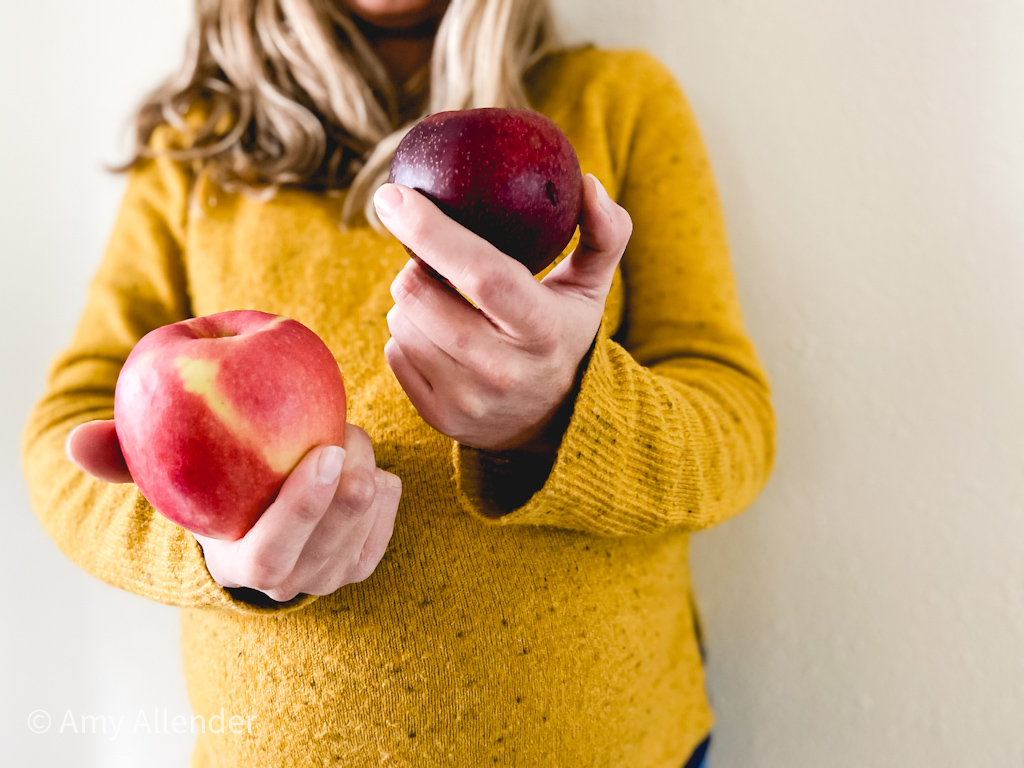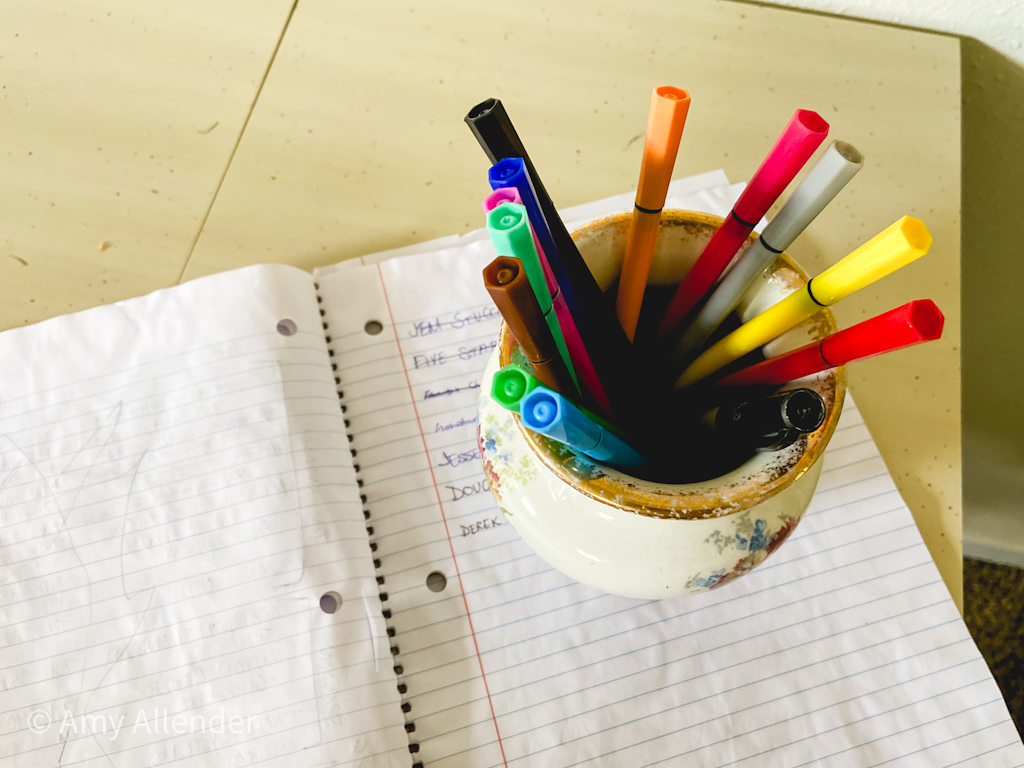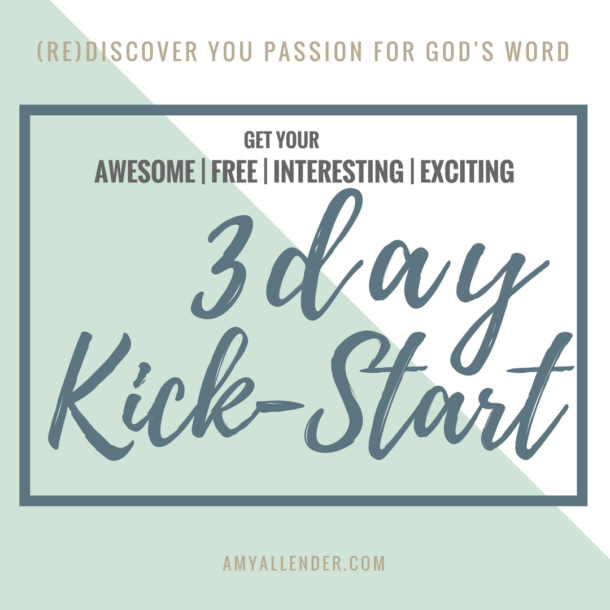How To Start Living Intentionally Everyday | 5 Helpful Action Steps
Welcome back to the Cultivating Intentionality series. Here are all the posts in the series.
- Intentionality to Relieve Anxiety
- Create an Intentional Home
- Take Your Thoughts Captive With Intentionality
- Action Steps for Intentional Living
I’ve seen it work in my own life, in my own walk with anxiety and depression. Today, I’m sharing action steps to start living intentionally everyday.

Between 2014 and 2016 something happened to my brain. The term “break down” has a bad connotation. But things started to fall apart in my brain during the summer of 2014. I continued down a slippery slope until things really came to a head in the winter of 2015. By then, things had really eroded. I refused to accept that the mental state (anguish) I was experiencing was my “new normal.”
In the early months of 2016 I found a counselor who told me it didn’t need to be this way. After spending nearly two years in mental agony and seeking help for about 18 months, he was the first professional who told me healing was possible. He was the first person who believed I could overcome and fully heal.
He was right.
When I Started to Living Intentionally Everyday
When I entered counseling, I was learning many things and trying to put them into practice. In essence, to create “new, normal” thinking patterns–after many years of patterns that had culminated in cyclical anxiety and depression. I won’t go into all the details, but I will tell you that I asked God to give me a word that I could use as a mantra. Something that summed up many of the things I was learning. The word He laid on my heart?
Intentionality.
Intentionality in who I listened to, what I accepted as truth, to root out lies, about how I spent my time and what I said yes to. I needed to cultivate intentionality in the words that I spoke (especially to myself), boundaries I established and what came into my home (and mind.)
Intentionality is a force that started small, and truly transformed the way I thought and the overwhelm in my mind.
Intentionality is a mind game. And it’s a game you can win. It starts by putting purpose and thought into your everyday decisions. That grows into confidence and a routine that will flow out into the rest of your life. Leaving you calmer, knowing that your commitments aren’t controlling you, and with headspace (and time) to take on tasks God designed you for.
Today I’m sharing a few action steps you can take toward living intentionally everyday.
Decide

When I talk to friends about intentionality and anxiety something that comes up over and over is decision making. The thought of making a decision–or a wrong decision–causes sweaty palms and a medusa-like freeze up.
Intentionality is a mind game.At first it feels awkward, because it’s a new way of thinking. You’ve spent years training your mind to freeze up at the thought of making a choice. Living intentionally everyday, starts and ends with making intentional decisions. Start building your confidence today by purposefully making small choices each day.
Rehearse Out Loud
Set yourself up to make some easy decisions. Then practice saying it out loud. Truth is, you make choices all day, everyday. Practicing out loud (in front of your child, spouse, or home alone) will help you see that you aren’t as terrible at making choices as you may think.
When you decide what to do next, what to eat, etc say it. State the decision and a why. The why is important–this is the intentional part. “I’m going to fold laundry now because it’s an activity the kids can help with. I’ll deep clean the bathroom later, while they are napping.”
You might feel silly, but you’ve got to start somewhere.
As you make these small decisions, stick to them. A great place to practice is with a child. State your decision, then follow through. “Two more times down the slide, then we need to go home for dinner.” Say it. Do it.
Audit

Living intentionally everyday means you need to examine what is currently in your life, and make cuts as needed. Here are ways to get started.
Audit Your Daily To-Do List
Lots of my anxiety (even panic) was induced from a task list that was too long and too powerful. If I didn’t get it done, I felt guilty, thought I couldn’t do anything right, and fed myself lies of low self-worth.
Here are action steps to audit your to-do list.
- Make a conscious decision to say “no” to a task. Mark it off as you prioritize other tasks. I found saying it aloud or in my head–the choice and the “why”–to be helpful. “I’m not going to get the floor mopped today. It’s more important to take advantage of the nice weather and go to the zoo before it closes for winter.”
- Accept that you can’t do it all. Refrain from guilt. “I need to finish painting the nursery. That means tidying up the living room will need to wait.”
Audit Your Intake
What are you taking in? Mentally? Emotionally? Educationally? What are you absorbing through social media, TV, music? What voices speak into your mind, heart and family?
At the height of my mental health crisis I turned everything off. For a season I left social media, TV, audiobooks, books and movies. I read and listened only to the Bible or Bible study videos. I limited who I spoke to and shared my struggles with. Eventually I turned things back on. But bad habits had been broken and I was able to make healthier, more intentional choices.
Audit Your Home
Similar to auditing your intake, you can take steps toward intentionality by examining what is currently in your home and what you bring in. Are you surrounded with positive messages? Or oppressive clutter? Are you bringing in items haphazardly because you don’t want to see them thrown away? Or thoughtfully choosing what crosses your threshold?
Audit Your Commitments
Purposefully look at the commitments filling your calendar. Are you overwhelmed? Challenge: cut out one commitment. Use polite, but firm language. I assure you, nearly everyone is more understanding about your need to step away than you are.
**I don’t encourage you to leave a team in the lurch. Wrap up your duties and step down. Or speak to the person in charge to make a plan to transition out.
Pause

Pausing is critical to living intentionally everyday. It’s a technique that you’ll benefit from the rest of your life. It goes like this: just pause.
After you’ve audited, start pausing before you add anything back in.
When asked to do something, pause. If you are spending money–first pause. Responding to a fussy toddler or sassy teen? Pause. Adding something to your to-do list? Pause. Turning on the TV, renting a movie, downloading a new audio book? Pause.
Intentionality is purposeful, not a knee-jerk reaction. Practice pausing and taking a moment, or days to come up with an intentional, well-thought response. This will open space in your schedule, home, and mind for things that matter, things that excite your heart and use your God-given gifts.
Own It
Own the decisions you make. The opposite of intentional living is random living. This is not the design God had in mind for us.
We were designed with purpose, structure, order. It’s no wonder that our minds and hearts are more at ease when these principles are in play within our everyday existence.
Random living puts power in forces that are not meant to have dominion over you. Intentional living gives that power back. Own each decision you make. Manifest the truth that you are in control.
If you intentionally decide something and it goes totally amiss–just make another decision. You had reason for choosing what you did. Sometimes things just go wrong. Make a different choice next time…or make a choice right now to get things back on track.
Practice
Like most things worth pursuing, intentionality will take practice and self discipline. However, it will get easier. Commit to practicing a more intentional lifestyle. Choose one of the action steps above to start with. Then add another as you become practiced at the first.
Set a small goal, then take intentional steps toward accomplishing it. Think very small and very specific. Examples: Memorizing one Bible verse each week for a month. Going for a walk everyday for a week. Getting to bed 30 minutes earlier for a week. Etc.
More On Living Intentionally Everyday
Next week’s Intentional Living post will cover taking our thoughts captive and practicing intentionality in our thinking.
In the meantime, I’d love it if you joined me on Facebook and Instagram where I share about cultivating intentionality and a Christ-centered perspective daily. And remember to share this if it’s helped you or touched your heart!


